Tapping Away the Stories that Keep You Stuck
Procrastination impacts so many of us. Maybe it’s just a minor annoyance for you and then again maybe it’s keeping you from living the life you most desire. You know you have something to do, something that will move you forward in some way and yet a part of you resists. It could be cleaning the house, turning in a work project, calling that friend or loved one you want to reach out to, applying for that new job you say you want and on and on. Where is procrastination showing up in your life right now?
Why do you procrastinate? In essence it’s about trying to avoid uncomfortable feelings. A part of you is seeking the perceived emotional safety of not engaging with some discomfort. Even if later you’ll have the discomfort and repercussions of whatever you did not do. But your mind isn’t focused on the future pain. It merely wants to prevent any present pain.
Some surface reasons for procrastination include:
I’m too tired.
I don’t have the right tools.
I don’t have time.
There’s something more fun I want to do.
The sun got in my eyes or the wind messed up my hair.
I mention those last ones because the point is, these are just the excuses we use to avoid doing something. Our minds are great at finding reasons to avoid something that is associated with discomfort. Yet even if there is a grain of truth to any of those reasons, they are not what’s at the core. If we dig deeper we might find issues and emotions such as:
Fear of failure: Thoughts might include, I can’t do this, I’m not good enough or smart enough or skilled enough so why even bother.
Fear of embarrassment: If I do this someone is going to laugh at me or look down on me or call me out in some way
Fear of success: If I do this, my life may change in some way I’m not ready for or I don’t believe I deserve.
Overwhelm: I don’t even know where to begin or it feels too big to contemplate starting.
Avoidance: I don’t like this task.
Perfectionism: It’s not going to meet my standards. (Read more about this in my recent post.)
Which of these strike a chord with you? There are a number of valid or valuable systems you can put in place to help ameliorate procrastination. Chunking things into smaller tasks, setting aside specific time parameters, prioritizing, setting up rewards, etc. What works for you is going to vary depending on why you procrastinate. And yet more and more procrastination is becoming known as an issue with emotional regulation. So if negative emotions are at the root cause then all the tools in the world (even if they help) might not relieve the problem.
In order to get relief from procrastination we want to disentangle these negative emotions and the stories that created them from the goal we are trying to achieve. If we stop associating negative emotions with the task we are trying to complete then we can move through it with greater ease.
That’s where the process of EFT tapping comes in. Tapping combines psychology, somatics and acupressure and is a process for exploring and releasing negative emotions.
When we feel, overwhelm, fear, disdain, anxiety or any other uncomfortable emotions our bodies respond with a stress response. Our heart beats faster, our thinking becomes less clear, we may feel pain in our stomach or chest, breathing may become tight.
In the case of procrastination, it makes sense whether consciously or even below our conscious awareness, our bodies and minds would want to avoid these uncomfortable experiences.
With tapping you explore the stories that gave rise to your negative thought patterns and emotions while physically tapping on points of your body to calm your nervous system. These negative thought patterns may be keeping you stuck in the moment or maybe they’ve been there for years.
As the negative emotions become quieter we have the energy and the freedom to engage more productively. This paves the way to install new empowering patterns and develop the habits that support us in moving beyond procrastination.
If you’d like to explore this method of eliminating procrastination, join one of my upcoming workshops where I’ll tap live with volunteers as we explore patterns that impact us all.

